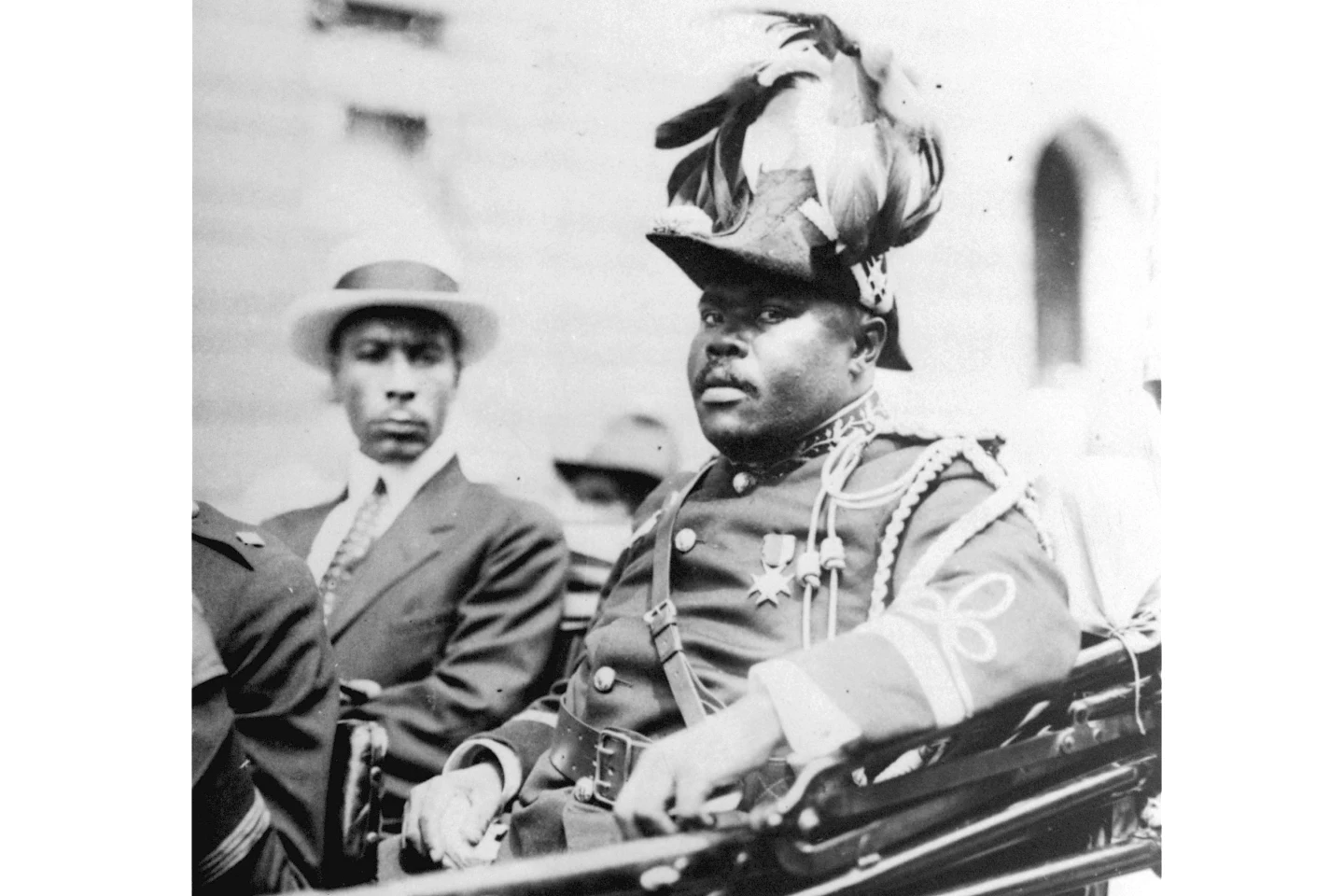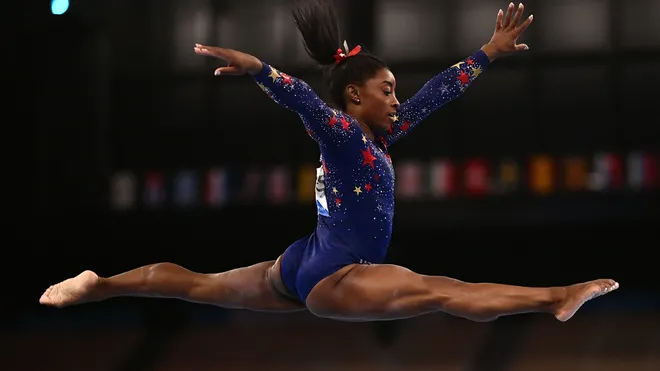On Sunday, President Joe Biden posthumously pardoned Marcus Garvey, the influential Black nationalist who was convicted of mail fraud in the 1920s. Garvey’s ideas on racial pride inspired figures like Malcolm X and other civil rights leaders. Biden also issued pardons to several other individuals, including a top Virginia lawmaker, immigrant rights advocates, and those working on criminal justice reform and gun violence prevention.
Garvey’s pardon came after years of lobbying from congressional leaders who argued his conviction was politically motivated, aimed at silencing his growing influence. After his conviction, Garvey was deported to Jamaica, where he was born, and he passed away in 1940. Rev. Martin Luther King Jr. once called Garvey “the first man, on a mass scale and level” to give Black people “a sense of dignity and destiny.”
It’s unclear whether Biden, in his final hours in office, will issue pardons for people targeted by President-elect Donald Trump or those potentially under investigation. Issuing preemptive pardons to Trump critics would push the boundaries of presidential power in a way that hasn’t been tested before.
Biden has already set a record for the most individual pardons and commutations in U.S. history. On Friday, he commuted the sentences of nearly 2,500 people convicted of nonviolent drug offenses. He also issued a broad pardon for his son, Hunter, who faced charges for gun and tax offenses. Biden also commuted the sentences of 37 out of 40 federal death row inmates, converting their sentences to life imprisonment. This is a sharp contrast to Trump’s tenure, where he oversaw an unprecedented number of executions during the pandemic.
A pardon relieves someone of guilt and punishment, while a commutation reduces or eliminates their punishment without exonerating the wrongdoing.
Sunday’s pardons included:
- Don Scott, the first Black speaker of the Virginia House of Delegates, who was convicted of a drug offense in 1994 and served eight years in prison. Scott was elected to the legislature in 2019. He expressed deep gratitude, calling the pardon a reminder of the “true power of redemption.”
- Ravi Ragbir, an immigrant rights activist who was convicted in 2001 and sentenced to two years in prison. He had been facing deportation to Trinidad and Tobago.
- Kemba Smith Pradia, convicted of a drug offense in 1994 and sentenced to 24 years in prison. She became an advocate for prison reform after her sentence was commuted by President Bill Clinton in 2000.
- Darryl Chambers, a gun violence prevention advocate who was convicted of a drug offense and sentenced to 17 years in prison. He now studies and writes about gun violence.
Biden also commuted the sentences of two individuals:
Robin Peoples, convicted of bank robbery in the late 1990s and sentenced to 111 years. The White House noted that, under current laws, Peoples would have faced significantly lower sentences.
Michelle West, who was serving life for her role in a 1990s drug conspiracy. She has a daughter who has spoken publicly about growing up with her mother behind bars.




